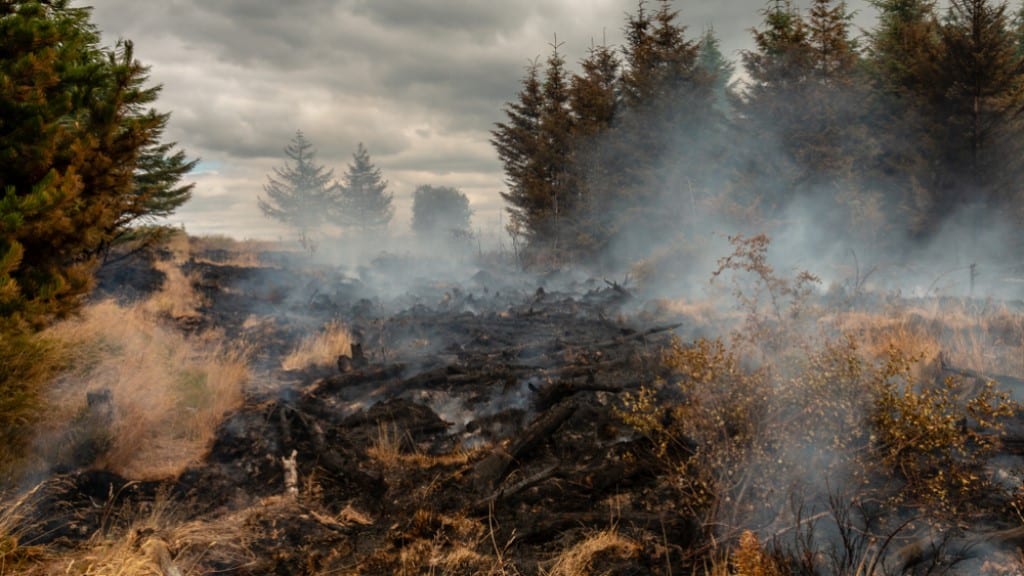Firefighter training in Kamloops highlights new program for wildland interface response
- August 15, 2023
- 11:32 am


Iain Hoey
Share this content
Kamloops, B.C., recently hosted a pivotal training program for firefighters.
This event was organised just a few weeks after the Government of Canada pledged financial support for the International Association of Fire Fighters (IAFF) Responding to the Interface (RTI) program.
Read more about the program here.
Boost in training for firefighters as wildland threat grows
During the period from Aug. 1-4, 50 IAFF members undertook wildland interface response training in two distinct courses.
The introductory sessions comprised a train-the-trainer course for 25 firefighters and a standard course for another 25. This training is part of a $400,000 one-year pilot project managed by Natural Resources Canada.
This new venture symbolises a noteworthy collaboration and an achievement for the IAFF, aiming to enhance both firefighter and public safety given the escalating danger of wildfires in urban interface zones across Canada each annum.
The conception of the RTI pilot initiative followed rigorous advocacy by the IAFF earlier this year.
This move was precipitated by an unusually early and fierce start to the wildfire season, especially in British Columbia, Alberta, and Nova Scotia.
Comprehensive firefighter training program takes inspiration from earlier successes
The RTI program, formulated using the IAFF’s own curriculum and spearheaded by their Master Instructors, aims to equip firefighters to shield urban areas from approaching wildfires.
Its design is inspired by the IAFF’s Canadian Haz-Mat & CBRNE Training Initiative, a project that has proficiently trained over 7,000 first responders since 2009, due in part to funding from the Canadian Government.
Mark Brise from Kamloops Local 913, an RTI Master Instructor, collaborated with other IAFF Master Instructors from California and Texas for the Kamloops training event.
As part of the agreement with Natural Resource Canada, there are plans for 15 more classes, training a total of 325 students, slated to occur by March 2024.
Edward Kelly, General President, regarded these training sessions as a fresh phase in public and firefighter safety in Canada.
He remarked: “We’re grateful to the Canadian Government for endorsing our RTI program. With the rising wildfire threat, ensuring firefighters can safely guard their communities against these specific hazards is crucial.”
In a recent press conference, Jonathan Wilkinson, Environment and Natural Resources Minister, underlined the unprecedented wildfire challenges Canada faces.
He affirmed: “Safety of the public is the federal government’s top concern. That’s why we’re partnering with the IAFF to provide more firefighters and high-quality training opportunities.”
Mike Carter, IAFF 6th District Vice President, who played a key role in organising the Kamloops training, stated: “The need to shield our communities from looming interface fires is crucial.
“We’re grateful to the Government of Canada for financing the IAFF’s RTI training program so firefighters can effectively defend Canadians and their properties.”
IFSJ Comment
Canada is presently undergoing its most devastating wildfire season to date, with an unprecedented 11.5 million hectares already consumed by the flames.
This recent boost in firefighter training in Kamloops, particularly in response to the growing threat of interface wildfires, exemplifies the global urgency to equip our first responders with the necessary skills.
As urban and wild areas increasingly overlap, such proactive training initiatives are crucial in ensuring both public and firefighter safety.

